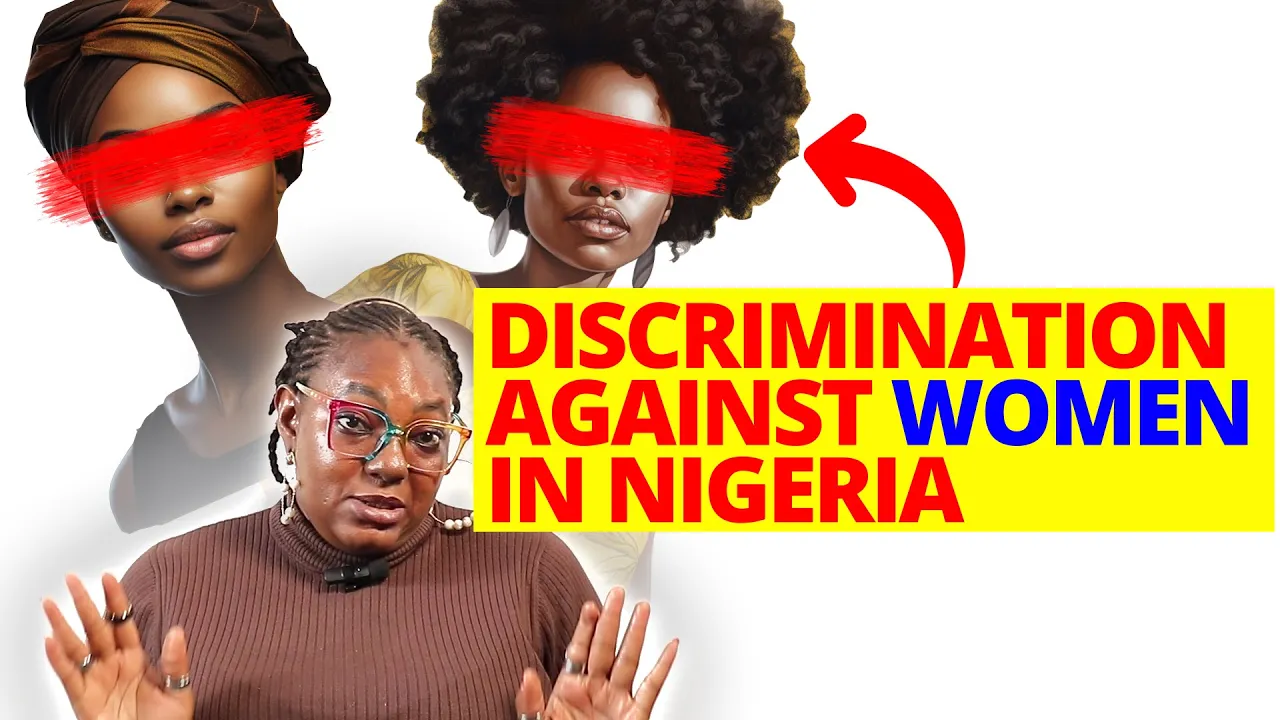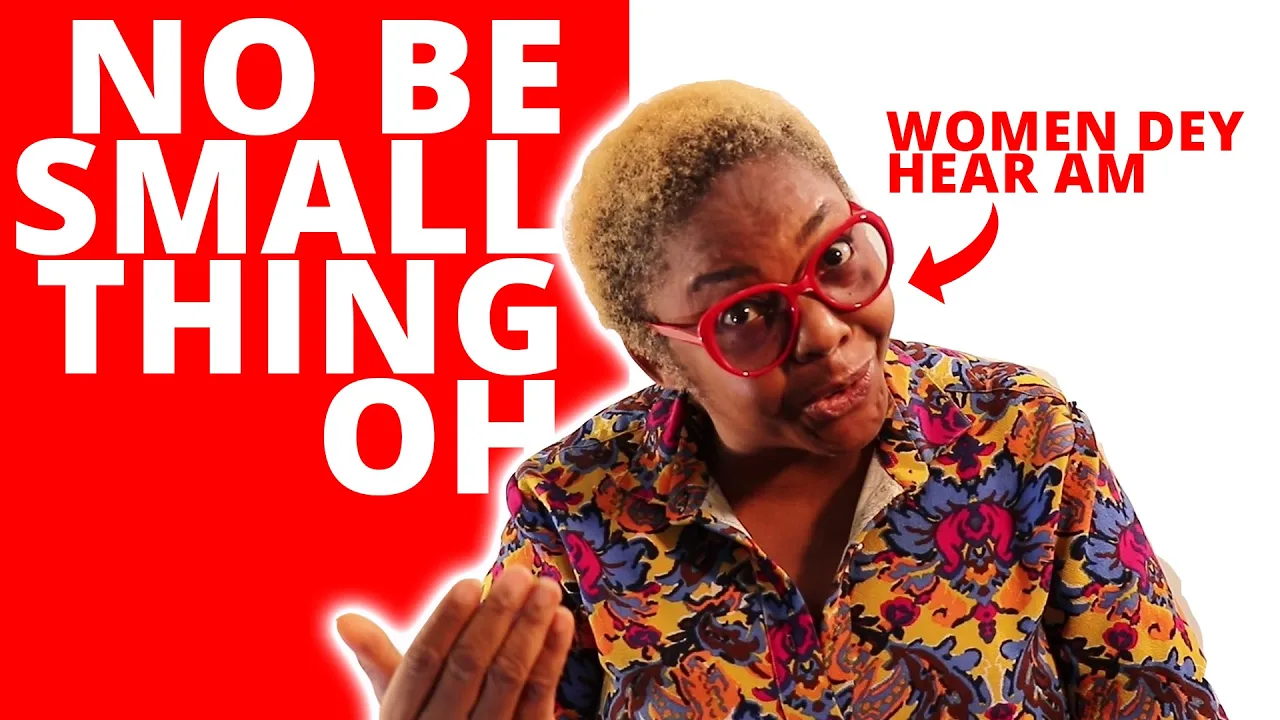Dossier
Rethinking Gender Politics
Explore this project by hbs and partners highlighting Nigerian laws, policies, practices, and actions and inactions by policy makers which have resulted in keeping women and other vulnerable members of the Nigerian society from accessing opportunities and leadership positions, led to infringements on their human rights and shrinking their civic space.
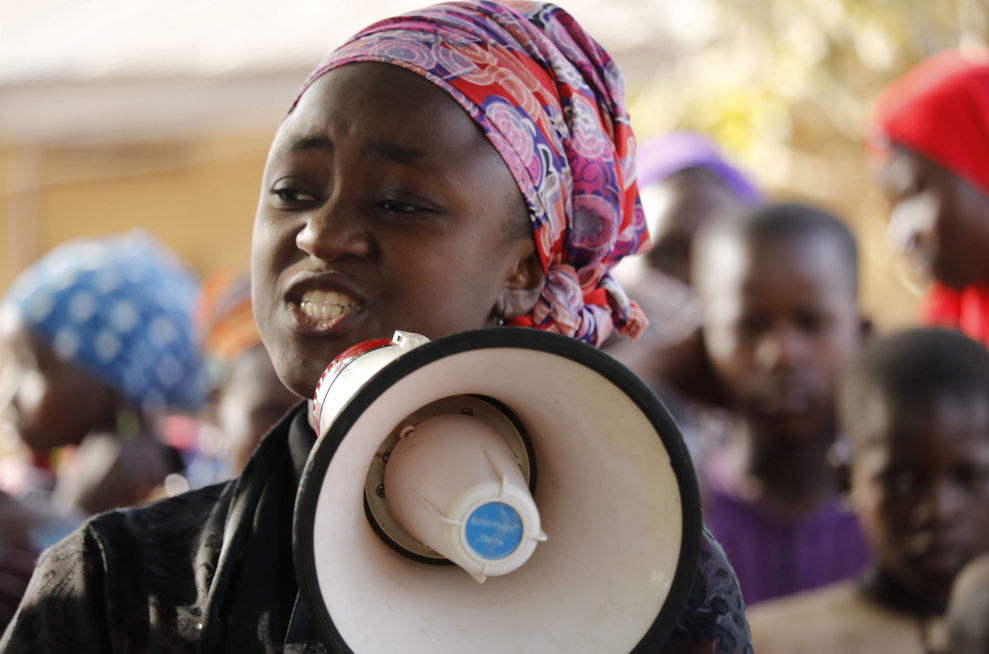
Nigeria women have over time had to contend with systemic (including cultural and legal) barriers at various levels, marginalization, discrimination, violence, and other challenges. All of those ensue from pervasive patriarchy in the society. Barriers imposed by biased institutions and norms, have significantly restrained women from advancing in their various endeavours, exercising agency and voice, and attaining leadership positions.
In order to contribute to an informed debate about these restrictions and the resulting gender inequalities and to discuss strategies for addressing them, hbs and her partners namely, the Dorothy Njemanze Foundation (DNF), Nigeria Network of NGOs (NNNGO), Network of Universities Legal Aid Institutions (NULAI), Global Rights Nigeria, Proactive Gender Initiative (PGI), Iyamopo Centre for Peace, Women and Youth Development (Iyamopo CPWYD), Clean Tech Hub, HipCity Innovation Center, among others produced the following explainer videos. These videos point out challenges to gender equality and inclusion in Nigeria. They highlight the various laws, policies, practices, and actions and inactions by policy makers which have kept women and other members of the Nigerian society from accessing opportunities and leadership positions, infringements on their human rights and shrinking their civic space.
In this video, Dorothy Njemanze, a Gender Rights Activist, delves into the concerning gender biases ingrained within the country's legal system, exploring how specific provisions undermine women's rights and perpetuate inequality. It sheds light on the urgent need for comprehensive legal reforms to uphold gender justice and gender equality while protecting the fundamental rights of women in Nigeria.
Anulika Nwokedi, also known as Willy Willy, provides a critical analysis (in Pidgin English) of how certain Nigerian laws are inherently patriarchal and disadvantageous to women. This video is part of a series of campaign videos advocating for gender equality and justice within the legal system, calling for reforms to Nigeria's legal framework to make it more inclusive and gender-sensitive.
Unpacking Inequality in Nigeria | Spoken Word by Loveth Liberty - Heinrich Böll Stiftung Abuja Office
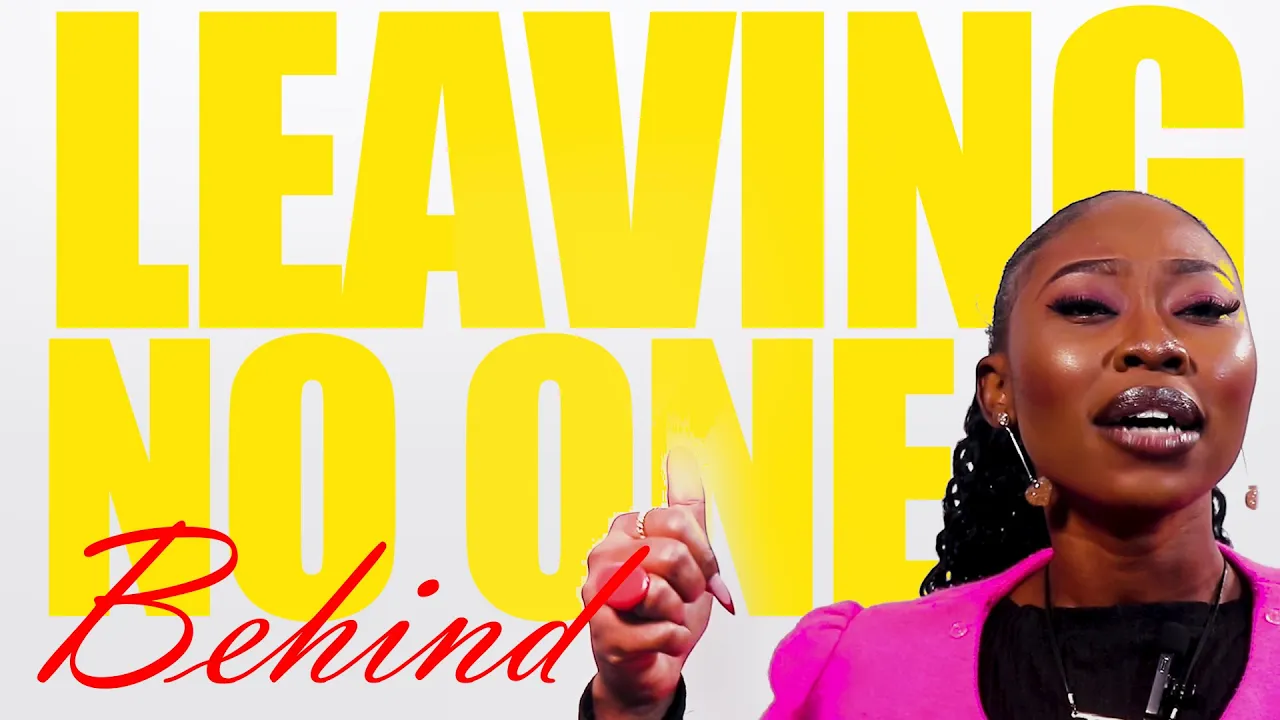 Watch on YouTube
Watch on YouTube
In this spoken word performance, Loveth Liberty explores the complexities of inequality in Nigeria. Through her evocative narrative, she examines the challenges faced by women, internally displaced persons, youth, people with disabilities, and the elderly. Her poignant reflections inspire a call to action, urging us to ensure that no one is left behind.
Explaining FIVE GENDER BILLS Rejected by Nigerian Lawmakers - Heinrich Böll Stiftung Abuja Office
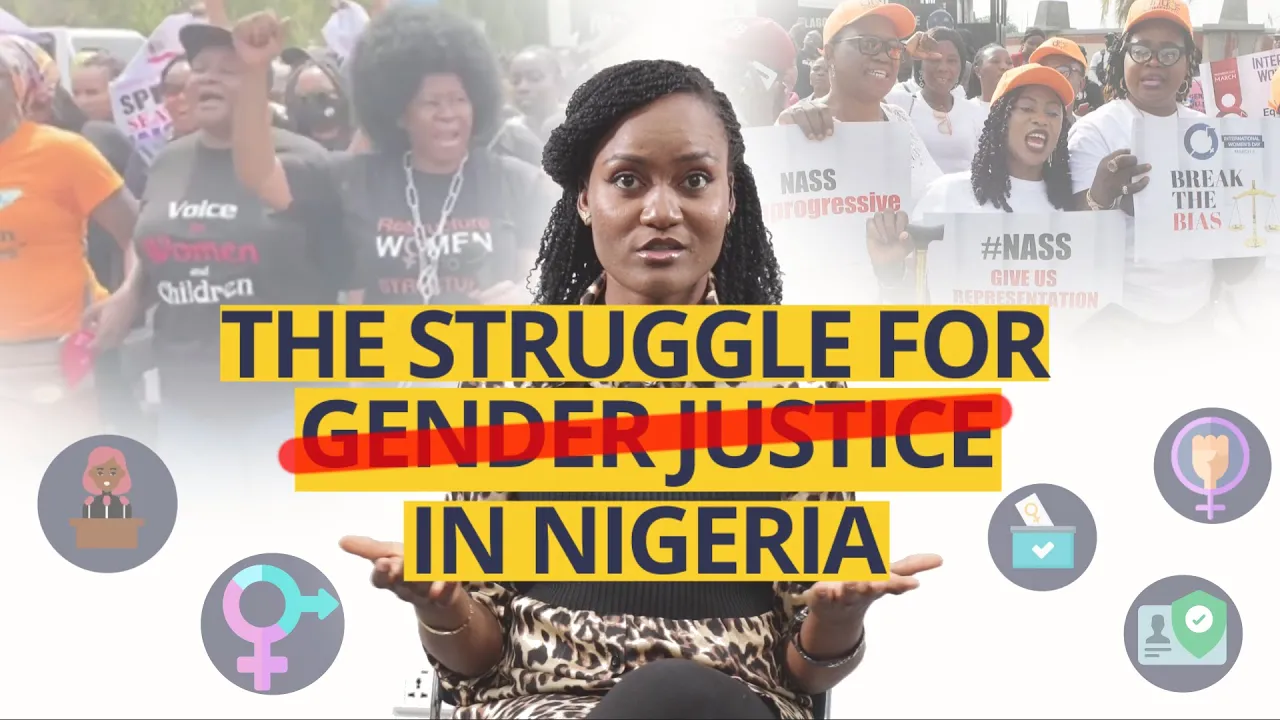 Watch on YouTube
Watch on YouTube
Discover the Five Gender Bills rejected by Nigerian lawmakers, stifling progress for women's rights and opportunities. In this video, Dorkong Rimdan dives into the purpose of each bill and makes a clarion call for gender justice in Nigeria.
How Nigeria is Failing to Keep its Promises on Gender Equality - Heinrich Böll Stiftung Abuja Office
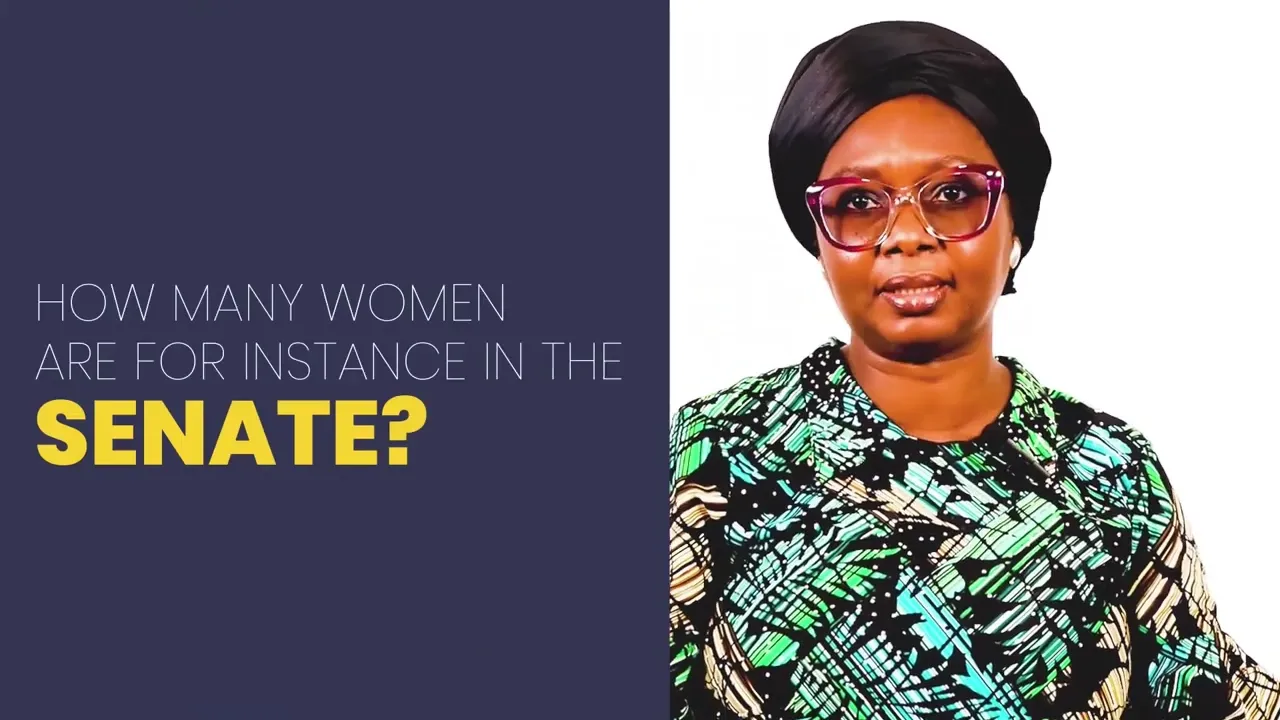 Watch on YouTube
Watch on YouTube
In this video, Ere Amachree a social development expert, examines how the Nigerian government has repeatedly signed international treaties committing to pass legislation that advances gender equality. However, there has been minimal follow-through in fulfilling these commitments. This video explores some of these treaties and examines how failing to keep these promises undermines the nation’s credibility and integrity.
